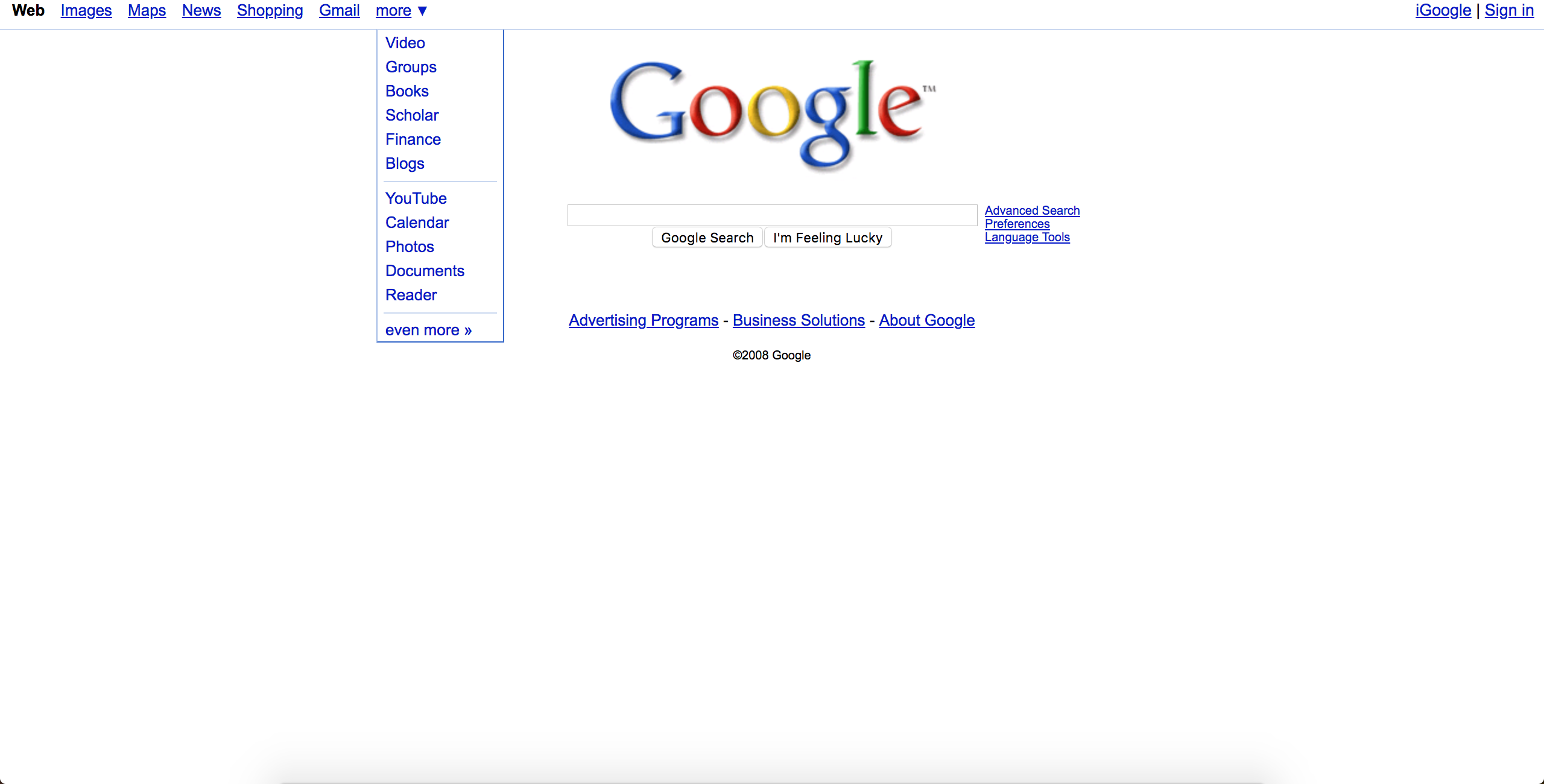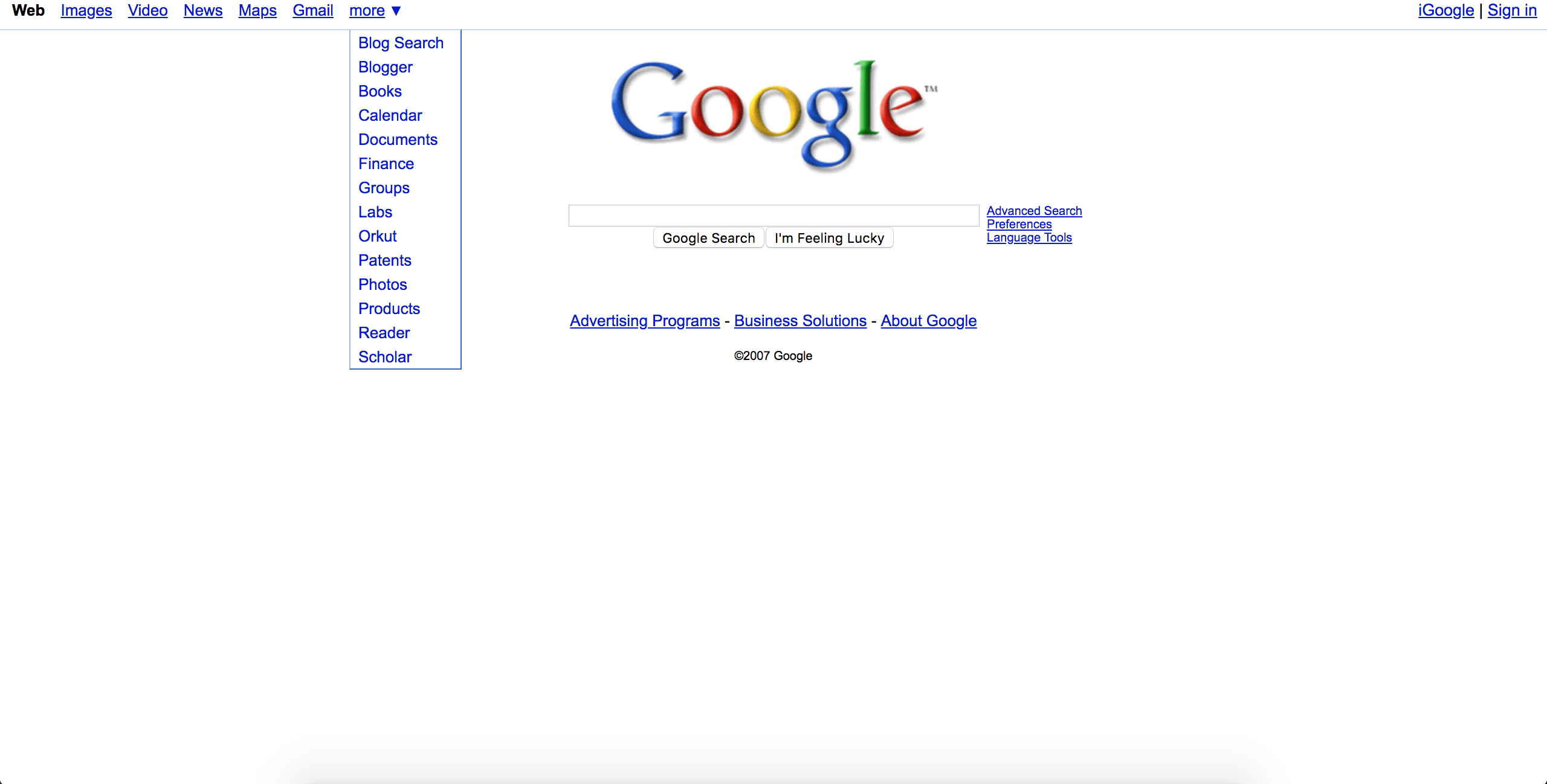Right now if you want to view videos online, you have a couple options. Traditional media such as films and TV shows are distributed mostly by Netflix and Hulu. If you want to live stream video games you use Twitch (a subsidiary of Amazon), but if you want to upload content to the internet and view reviews, news, or anything else, you use YouTube, a subsidiary of google. And for a long time, since around 2008, there really wasn’t any other option other than YouTube. Even services such as Hulu had to advertise on YouTube since there wasn’t any other way to get people to watch their videos. But why was this?
There used to be a time where you could search across different video hosting sites to find the video you were looking for. Google used to offer its own video search, Google Video, which aggregated all the other sites together and allowed for users to search across all of them and find the content they wanted. In fact for a while this was how I found videos to watch, until Google purchased YouTube. From there Google proceeded to add YouTube to its home screen and then remove other forms of video search. Only after YouTube had complete market dominance did Google reinstate videos, this time in the normal web search if it believed what you were looking for might be a video. Google used its market influence to push out newcomers and balloon its own product up to what it is today.


This of course wasn’t the only time Google used its market size to get rid of competition. Yelp famously sued Google for presenting its reviews in search results, so Google replaced them with Google Places. A number of product aggregation sites (mostly in Europe) sued google after they removed them from front page listings to showcase their own product, google shopping. They eventually lost the lawsuit to the tune of 2.7 billion dollars, and Google Shopping was never very successful, which some people believe helped lead up to the dominance of Amazon since consumers couldn’t easily search across sites for the best deals.
Most of this activity occurred around 2008 however, and it’s easy to say Google is a different company now, and in many cases it is. But I think it’s important to remember how YouTube became so big, and how this impacts out lives today as YouTube switches over from a video platform to a media distributer, choosing which videos people get to see in a world where there is no other competition.